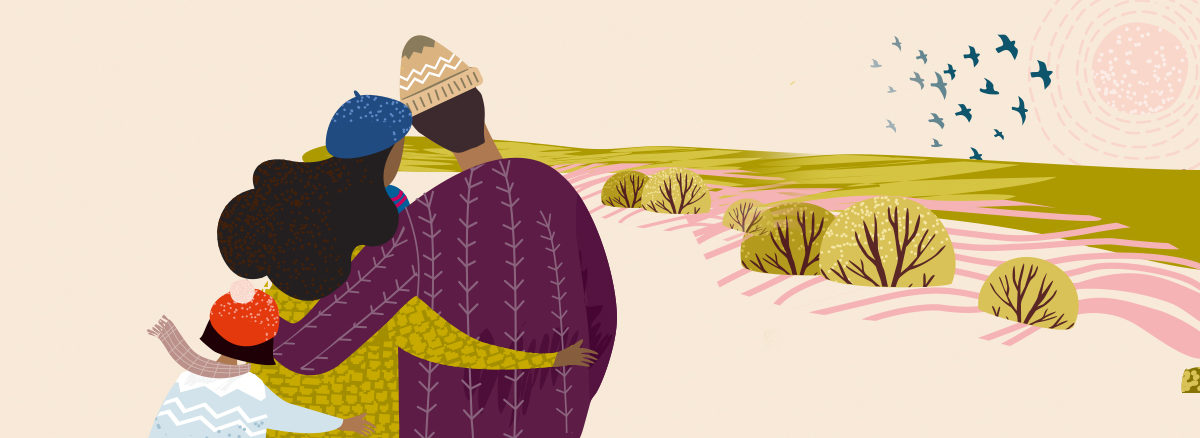Day Five – Marriage: Made for Freedom
Breaking Open the Theme
“Jesus answered them, ‘Amen, amen, I say to you, everyone who commits sin is a slave of sin. A slave does not remain in a household forever, but a son always remains. So if a son frees you, then you will truly be free’” (Jn. 8:34-36).The
Dominican moral theologian, Servais Pinckaers (1925-2008), identified two concepts of freedom that are in contrast to one another: freedom of indifference and freedom for excellence.
“Freedom of indifference” means seeing freedom as open and neutral toward all the available options. Every choice, in so far as it is a choice, is equally free. It is the freedom to not be forced to do anything (“freedom from coercion”). If freedom is really unconnected to any other aspect of the person or objective truth, then choosing to murder another person is just as “free” a decision as choosing to buy a meal for a homeless person. Of course, anyone would say that the person helping out another person is “using” their freedom better than the murderer, but is that saying enough? Is it just a question of using our freedom well or badly? Freedom of indifference says yes, those two people are equally free to choose good or evil.
In contrast, if you understand freedom as the “freedom for excellence”, you would say that the murderer is actually less free than the charitable giver. In doing something that is wrong, in acting against the true, objective order of things, the person choosing evil is actually diminishing or losing his (or her) freedom. It is in fact an abuse of freedom. It will not bring him (or her) happiness. Therefore, it is not a truly free choice. The freedom for excellence is the freedom to do good: the freedom to become who you are meant to be.
True freedom then is the capacity to love in truth and to choose the good. This echoes the words of the Catechism: “The more one does what is good, the freer one becomes,” and “true freedom” comes “in the service of what is good and just” (CCC, 1733).
Rightly ordered freedom, which serves true happiness, is service to others. This freedom corresponds to what a person is called to be: a gift for others.
Reflection
Marriage between a baptized man and woman requires the free consent of the will. The two spouses consent freely to make a gift of self to the other. The Catechism clarifies that to be free, the consent “must be an act of the will of each of the contracting parties, free of coercion or grave external fear” (CCC, 1628). By means of the consent, the spouses mutually give themselves to each other and become ‘one body’. The consent of the spouses is received by the priest (or deacon) in the name of the Church, followed by the blessing of the Church.
In many ways, the consent to marry is one of the most profound acts of human freedom. It is an act of freedom for excellence which opens new possibilities of greater excellence and happiness. When exercised together, husband and wife demonstrate a joint effort to become more truly who they are called to be by their sincere gifts of self.
To Think About
(Choose one or more of the following questions to reflect on by yourself and/or with your spouse)
(1) How does freedom for excellence correspond better to a Christian vision of the human person than freedom of indifference?
(2) In what ways has freedom been abused in the name of a false freedom and how has this affected marriage?
(3) Marriage in the Church requires a free consent of the will by both spouses. How was your marriage a choice made freely for excellence: in the freedom to become who you are meant to be?
Prayer of Married Couples
Almighty and eternal God,
You blessed the union of husband and wife
so that we might reflect
the union of Christ with His Church:
look with kindness on us.
Renew our marriage covenant.
Increase your love in us,
and strengthen our bond of peace
so that, [with our children],
we may always rejoice in the gift of your blessing.
We ask this through Christ our Lord. Amen.





